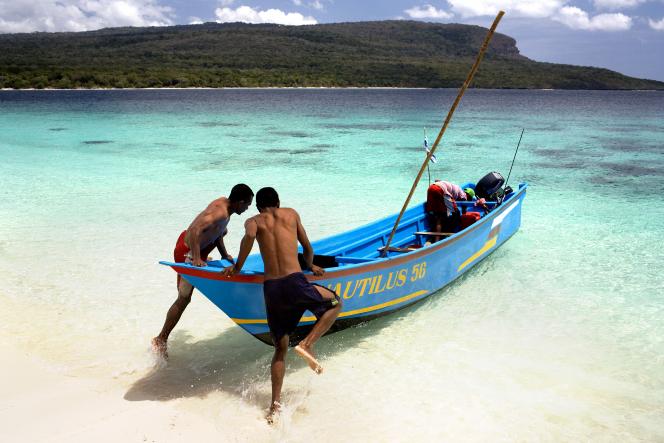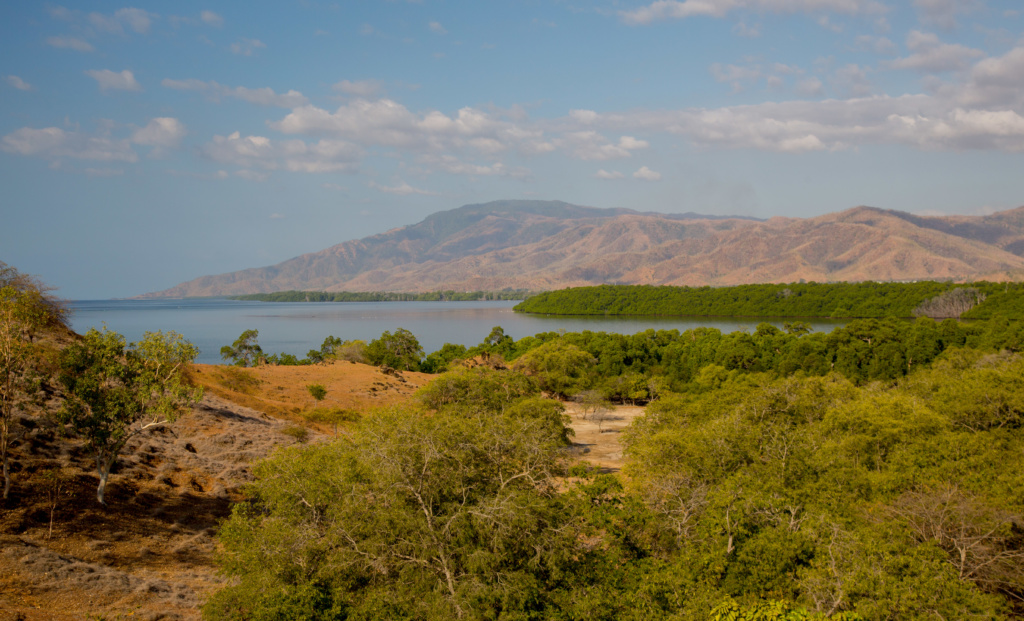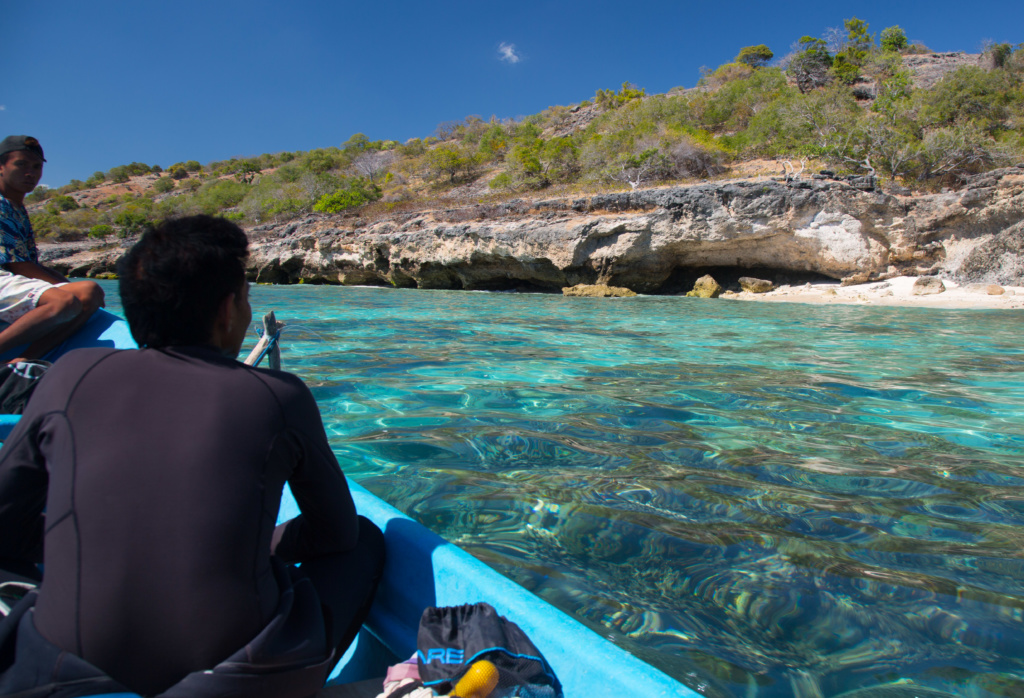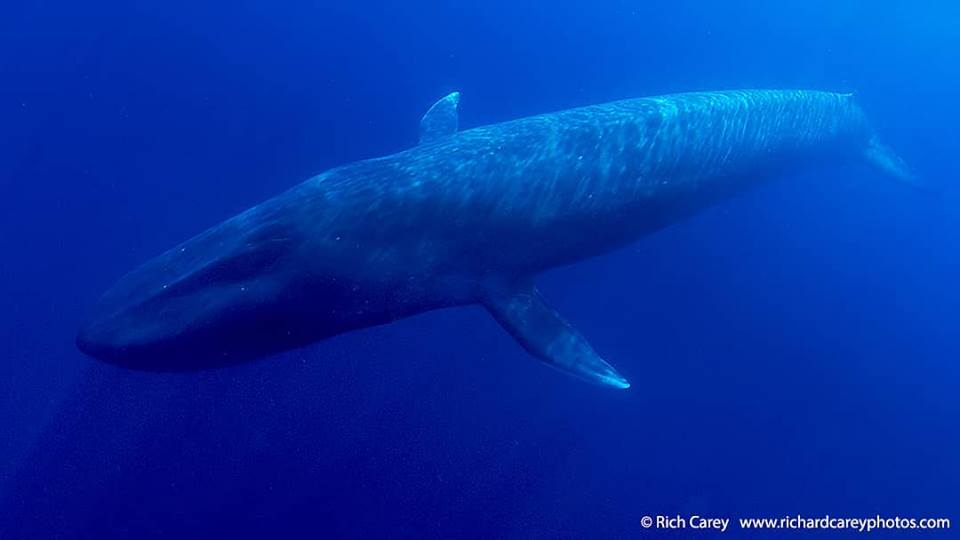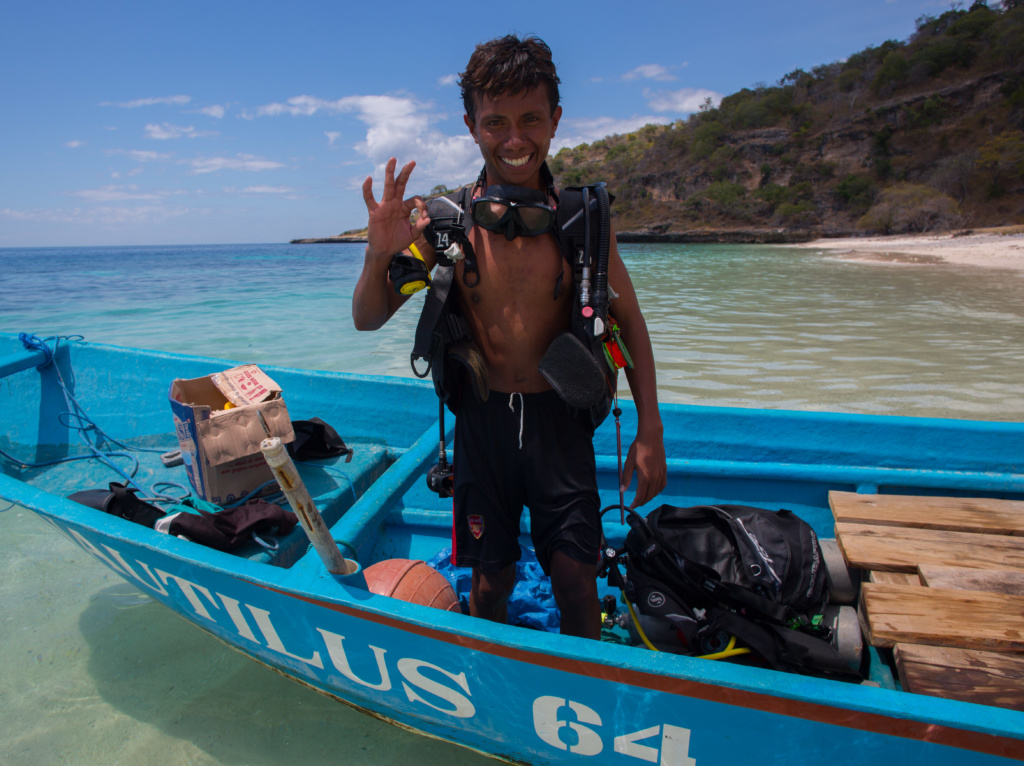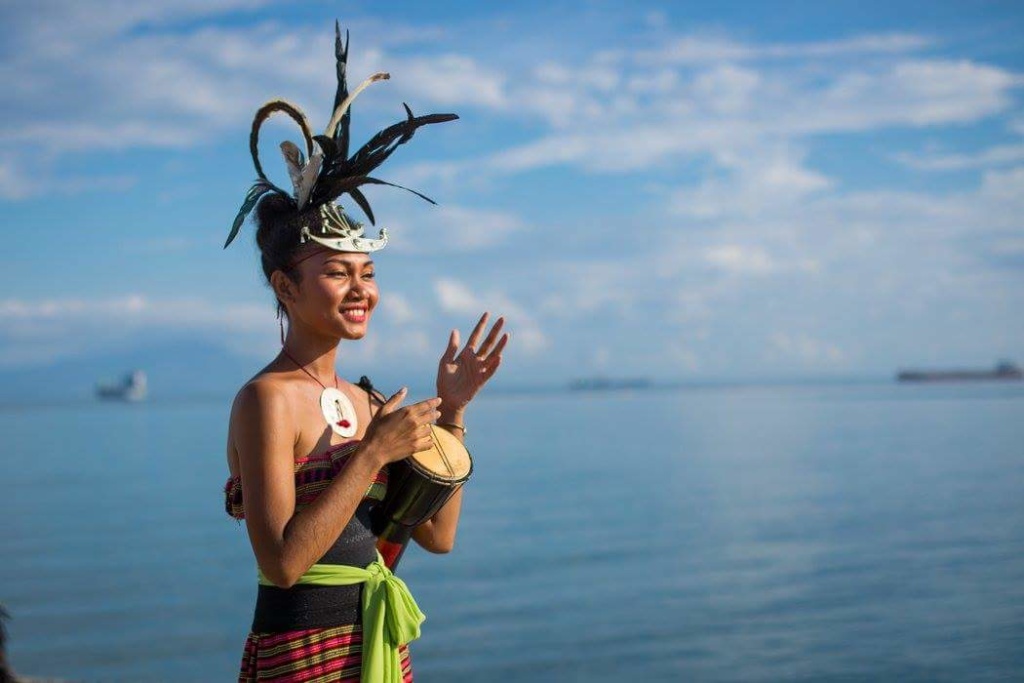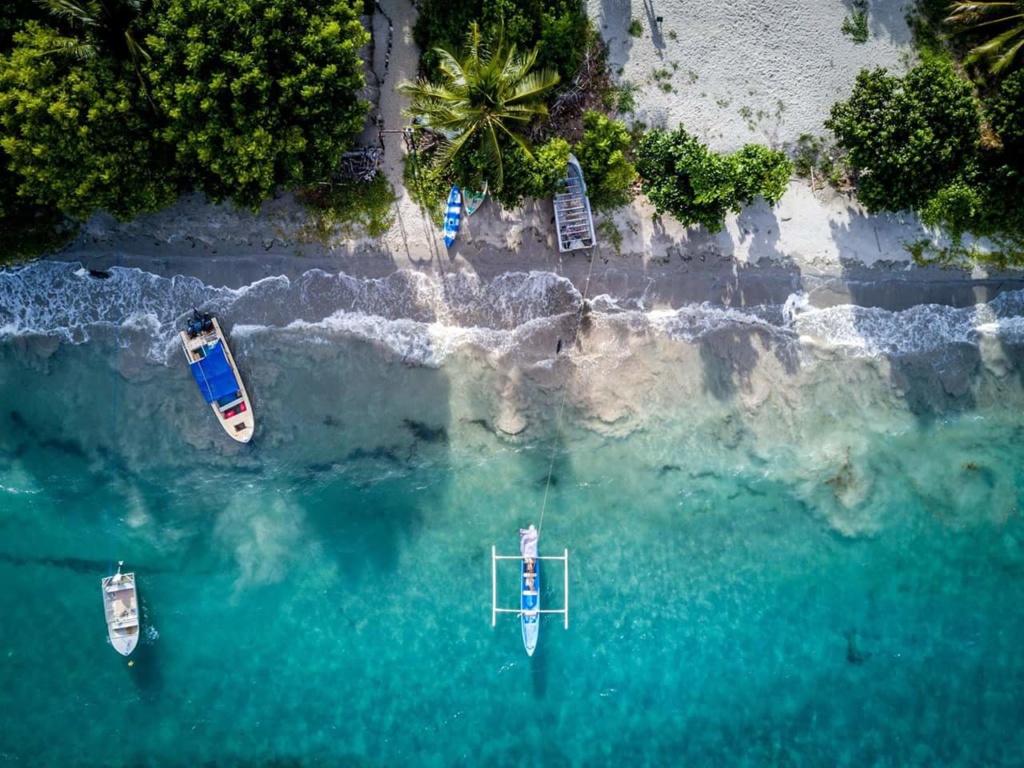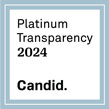International Recognition of Timor-Leste’s Oceans of ‘Blue Hope’
June 8, 2020
Timor-Leste (June 8th, 2020, World Oceans Day)
The small island nation of Timor-Leste has been internationally recognized for its exceptional marine life and its commitment to ocean conservation and marine ecotourism. Mission Blue, international marine conservation non-profit, has recognized the northern waters of Timor-Leste in the newly designated Ombai-Wetar Strait Hope Spot. Hope Spots are special places critical to the health of the ocean that recognize, empower and support local communities and governments around the world in their efforts to protect the ocean.
Dr. Sylvia Earle, Founder of Mission Blue, said the Ombai-Wetar Strait Hope Spot recognizes the global significance of Timor-Leste’s oceans, particularly its coral reefs and marine wildlife – and the island’s potential for sustainable marine ecotourism development. “The Hope Spot offers ‘blue hope’ – recognizing the people of Timor-Leste’s extraordinary commitment to ocean conservation. [I’d like to highlight the Hope Spot] Champions’ goals of establishing the country as a sustainable dive tourism and whale-watching destination, developing community-based conservation and marine ecotourism livelihoods, and supporting improved ocean protection”, said Dr. Earle.
The U.S. Government has also provided major support for the Hope Spot, through the United States Agency for International Development’s establishment of the Marine Tourism Association of Timor-Leste and support for its nomination of the Ombai-Wetar Strait Hope Spot. Situated in the heart of the Coral Triangle region, Timor-Leste’s rich waters include the global epicenter of tropical marine biodiversity.
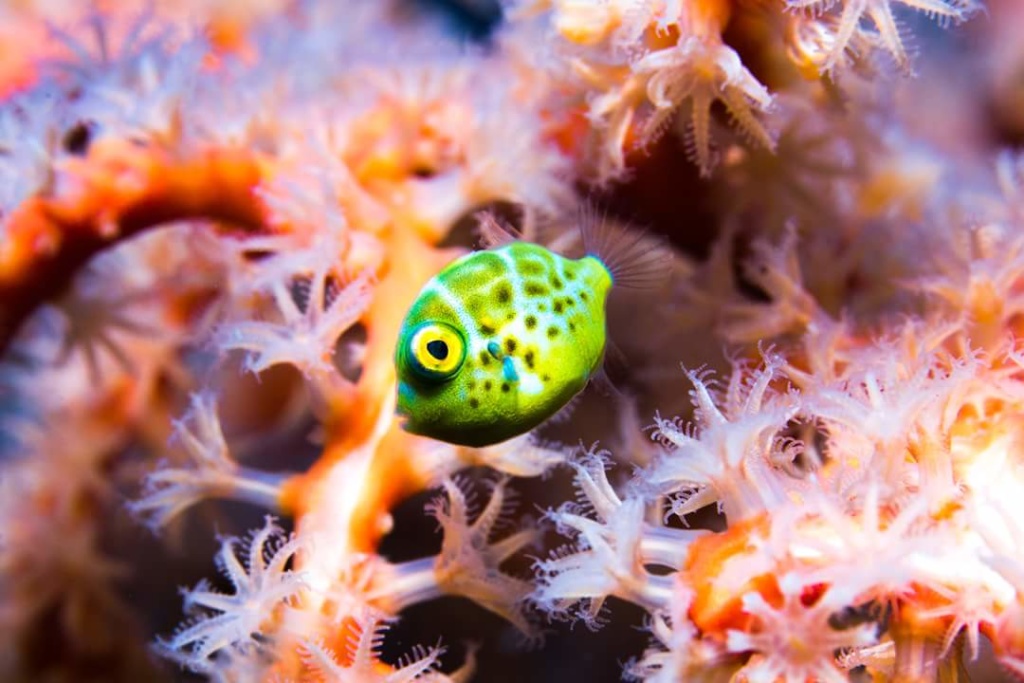
Dr. José Ramos-Horta, Nobel Peace Prize-winner and former President of Timor-Leste praised the international recognition and emphasized its local significance for Timor Leste. “The Ombai-Wetar Strait Hope Spot offers great recognition of what many of us in Timor-Leste already know. We live in a very, very special place with truly extraordinary and abundant marine life. The great challenge for Timor-Leste is to protect and celebrate it – and promote stewardship of this extraordinary gift from Mother Nature. The Hope Spot is a major step and formal recognition of Timor-Leste’s commitment to doing precisely that.”
The Ombai-Wetar Strait Hope Spot encompasses the Timor-Leste waters of the Ombai and Wetar Passage, including the 3-km deep waters of the Ombai and Wetar Trough. The ecosystems within the Hope Spot are globally-significant and include the world’s highest recorded coral reef biodiversity and the Ombai-Wetar Strait, a recognized Important Marine Mammal Area and major migration corridor for large whales, pelagic sharks, sea turtles and other marine megafauna in the western Indo-Pacific.
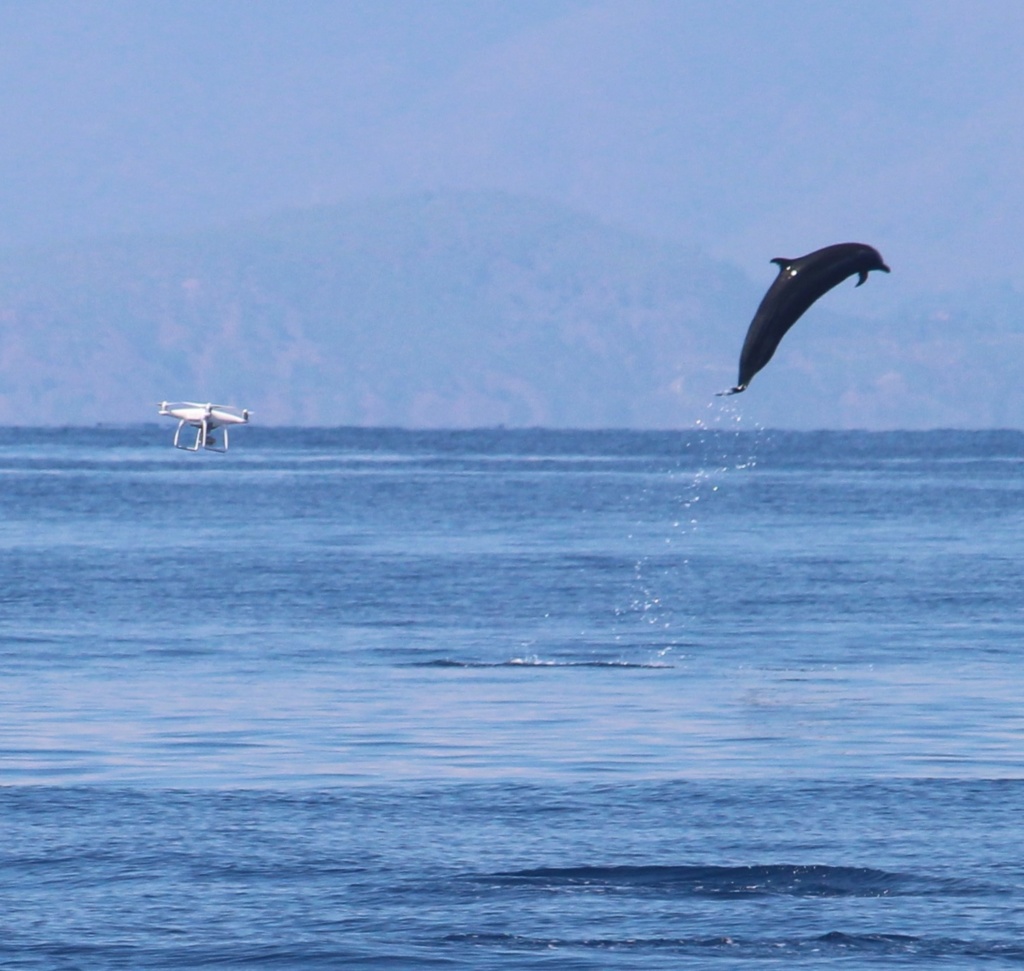
As a fragile, post-conflict developing nation, Timor-Leste faces major economic and human development challenges, with some of the highest levels of poverty and food insecurity in the Asia-Pacific region. Formerly occupied East Timor, this young island nation has had a long and turbulent political history and is currently at a critical crossroads between resource extraction and sustainability. Sharing maritime boundaries with Indonesia and northern Australia, Timor-Leste’s waters are a source of major oil reserves. Increasingly, however, Timor-Leste is looking to nature-based tourism as a key national economic development priority.
Professor Karen Edyvane, marine biologist, President of the Marine Tourism Association of Timor-Leste and Hope Spot Champion said that the Hope Spot’s marine ecotourism values are exceptional and hold great economic potential – but are highly vulnerable. “Timor-Leste’s amazing, globally-significant oceans and extraordinary marine wildlife can be lost in the ‘blink of an eye’ through practices like unsustainable fishing, unregulated marine tourism and poorly planned coastal development,” said Professor Edyvane. “This Hope Spot recognizes Timor-Leste’s world-class coral reefs and marine life, particularly its whales and dolphins. It also highlights what can be achieved when tour operators, conservationists, development partners, the government and local communities work together towards ocean conservation and sustainable tourism.”
The Ombai-Wetar Strait Hope Spot also emphasizes the critical importance of addressing poverty and employment in ocean conservation – and the vital role of ecotourism. David McGuire, Director of Shark Stewards and Hope Spot partner, described the foundational change that he believes will be a key part of a healthy ocean and economic future for Timor-Leste. “The best mechanism is to support local jobs and livelihoods that move away from killing, to taking tourists out in the water to see Timor-Leste’s magnificent marine animals – alive and thriving – in their natural habitats,” he said. He also underscored the critical importance of ocean protection. “We need to protect not only the animal but their habitat as well, through marine protected areas. For sharks, one of our major goals is to stop commercial shark fishing across the whole Coral Triangle.”
Professor Edyvane also emphasized the critical need for conservation and marine research. “If we are to save Timor-Leste’s marine life and develop nature-based jobs, we also desperately need more science and essential baseline information. Particularly on the country’s globally-significant reefs and marine megafauna – including current human impacts.” She elaborates, “Fortunately for Timor-Leste, we not only have some of the best diving and highest marine biodiversity on the planet, and we also have passionate and highly committed partners who want to protect it.”
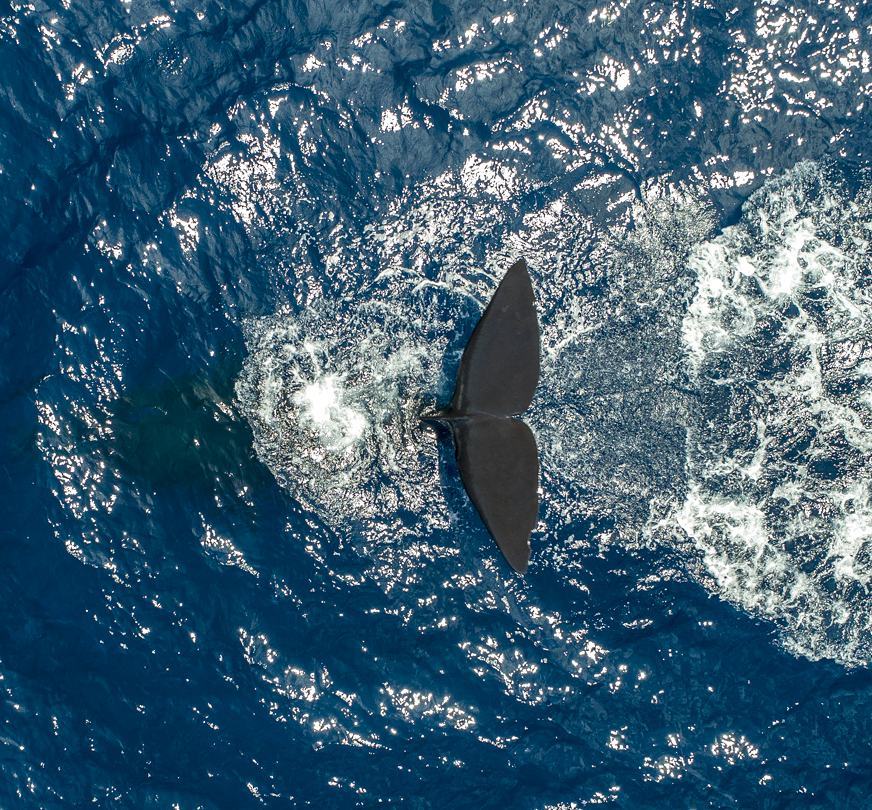
About Timor-Leste
Situated off the eastern end of the archipelago of Indonesia, the island nation of Timor-Leste (East Timor) is one of the world’s newest nations. Timor-Leste achieved independence on 20 May 2002, after nearly 500 years of Portugese colonization and a 24-year brutal military occupation by Indonesia – the latter which killed an estimated 180,000 people and left approximately 80% of the country’s infrastructure destroyed. Throughout this time, Dr. Jose Ramos-Horta played a crucial role in Timor-Leste’s independence, exiled and alone, leading the country’s international diplomatic efforts in the United Nations. Emerging from these ashes, this proud nation with the help of its international supporters, has made major progress in nation-building, peace-keeping and economic development. Despite this, the country faces major human development and economic challenges, and remains one of the world’s most poorest and malnourished nations. Including some of the highest rates of population growth, food insecurity, import dependency, and childhood malnutrition in South East Asia and the world. With one of the world’s most oil-dependent economies, economic diversification also remains a major national economic priority. In recent years, Timor-Leste has identified low-impact, ‘niche tourism’ (particularly nature-based, adventure tourism) as a vital pillar in its economic development – https://www.timorleste.tl/. Through its newly-established Marine Tourism Association and its proud Patron, Dr. Jose Ramos-Horta, Timor-Leste is committed to developing a world-class marine tourism industry, focused on ocean conservation, best-practice sustainable marine tourism and the well-being of the people of Timor-Leste.
Dive into the interactive Hope Spot StoryMap!

